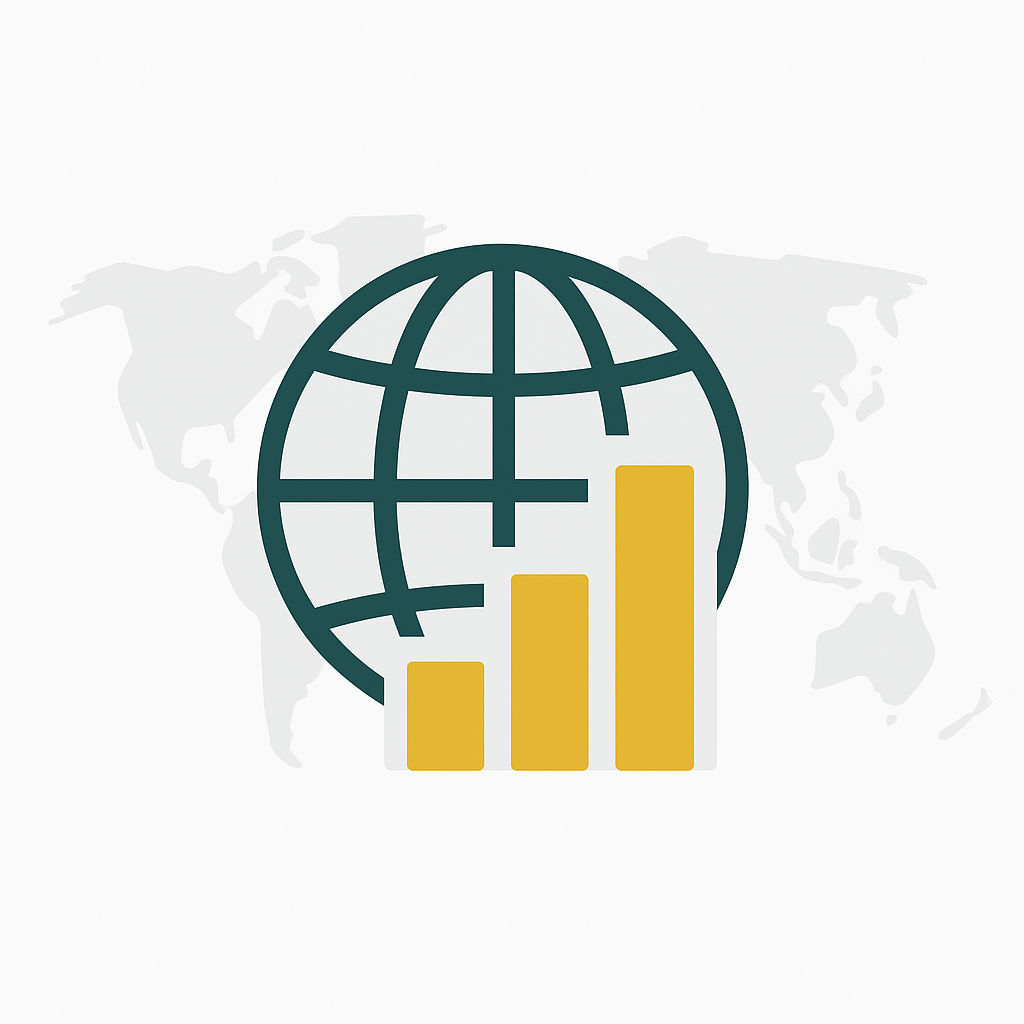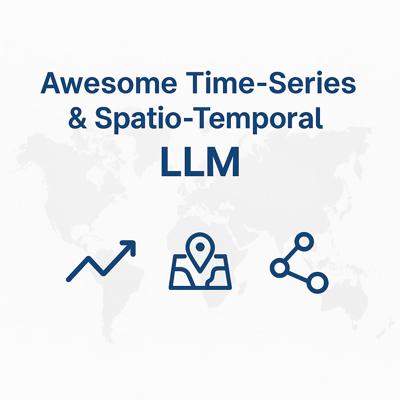Websites

Atlas of Inequality
The Atlas of Inequality maps income inequality across U.S. cities using aggregated anonymous location data to estimate visitors' incomes at places like cafes and stores. It measures how similar or different the incomes of visitors to each location are.

EPIDE
The EPIDE (Event Prediction in the Big Data Era) is a central portal for event‑prediction research, offering tutorials, datasets, code, and systematic reviews across domains (health, transport, cyber, natural events, etc.).
https://cs.emory.edu/~lzhao41/projects/event_prediction_site/

Large (Language) Models and Foundation Models (LLM, LM, FM) for Time Series and Spatio-Temporal Data
This GitHub repository compiles resources on large language and foundation models for temporal, spatio-temporal, and event data, offering a structured overview of recent developments in the field.
https://github.com/qingsongedu/Awesome-TimeSeries-SpatioTemporal-LM-LLM

NASA Moderate Resolution Imaging Spectroradiometer (MODIS)
MODIS provides various datasets such as land data, atmospheric data, ocean data, and thermal data. It also provides various tools, such as accessing analysis-ready data from land MODIS.

The Spatial Edge
The Spatial Edge is a weekly blog on geospatial data science and economics, featuring curated research, datasets, and commentary on topics like nightlights and spatial inequality. It includes practical tutorials for real-world applications.